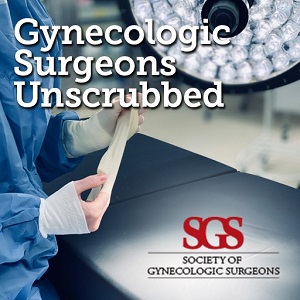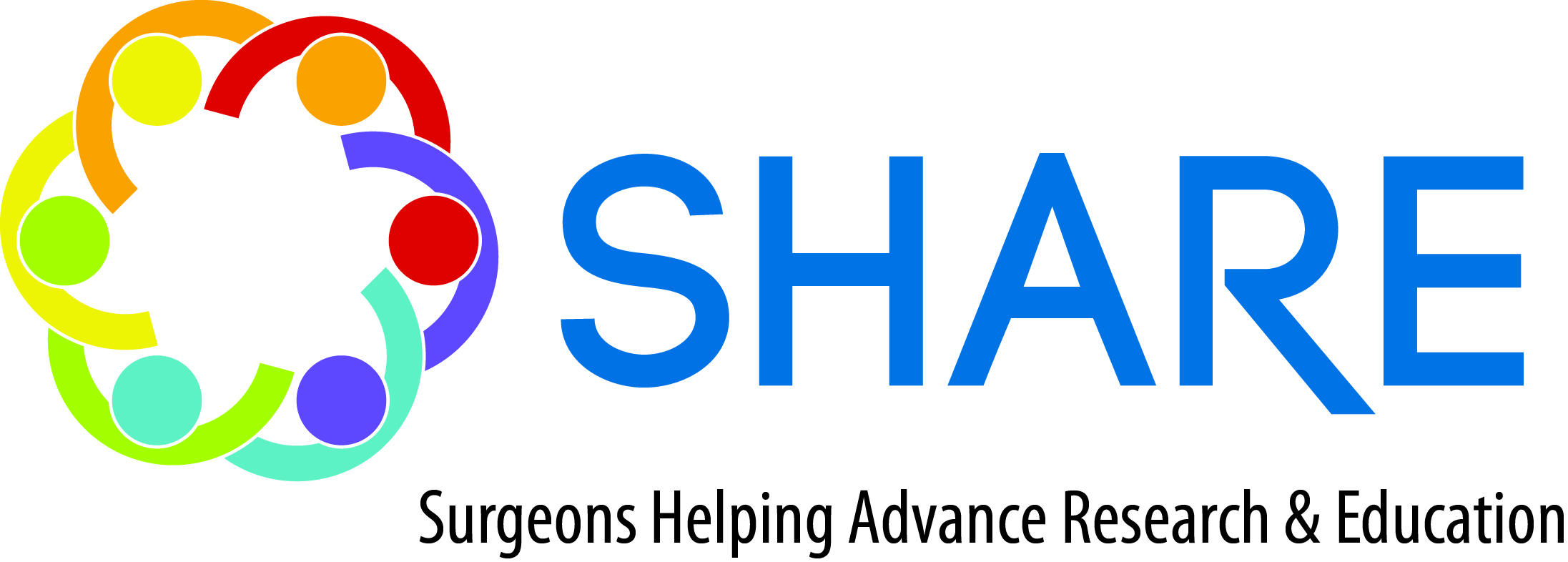PG Course 4
Sunday, July 12, 2020 | 3:00 pm - 7:00 pm ET
Transvaginal Reconstructive Pelvic Surgery Using Graft Augmentation Post FDA

Pamela Moalli, MD
Dr. Moalli is a Professor in the Department of Obstetrics, Gynecology and Reproductive Sciences at the University of Pittsburgh with secondary appointments in the Department of Bioengineering, and the McGowan Institute of Regenerative Medicine. Dr. Moalli serves as the Division Director for Urogynecology and Reconstructive Pelvic Surgery and is a senior scientist at the Magee-Womens Research Institute. After completing her undergraduate degree at Brown University, Dr. Moalli received a combined MD/PhD from Northwestern University. She served her residency in Obstetrics and Gynecology at Magee-Womens Hospital of the University of Pittsburgh and then completed a fellowship in Urogynecology and Reconstructive Pelvic Surgery at the same institution. Dr. Moalli has been funded by the NIH since entering medical school in 1986. She progressed from the Medical Scientist Training Program to the Women’s Reproductive Health and Career Development Program (K 12) to become independently funded in several R01 grants and as a Co-Investigator on three U01 awards. She has over 96 peer reviewed publications and 9 book chapters. Her publications are equally divided between her laboratory work and her participation in multicenter trials.
Dr. Moalli is director of one of the only laboratories in the United States that employs a basic science approach to study mechanisms that contribute to the development of pelvic organ prolapse and the development of graft materials for use in Urogynecologic procedures. Over the last decade, her major research focus has been on understanding the pathogenesis of synthetic mesh complications which cause significant morbidity in affected women and have been the target of litigation world-wide. More recently, her group has been working on the development of novel regenerative materials that can be used to repair pelvic organ prolapse and urinary incontinence. Additional research interests include mechanisms of maternal birth injury and improving outcomes in women injured during childbirth.
|




 |
|














